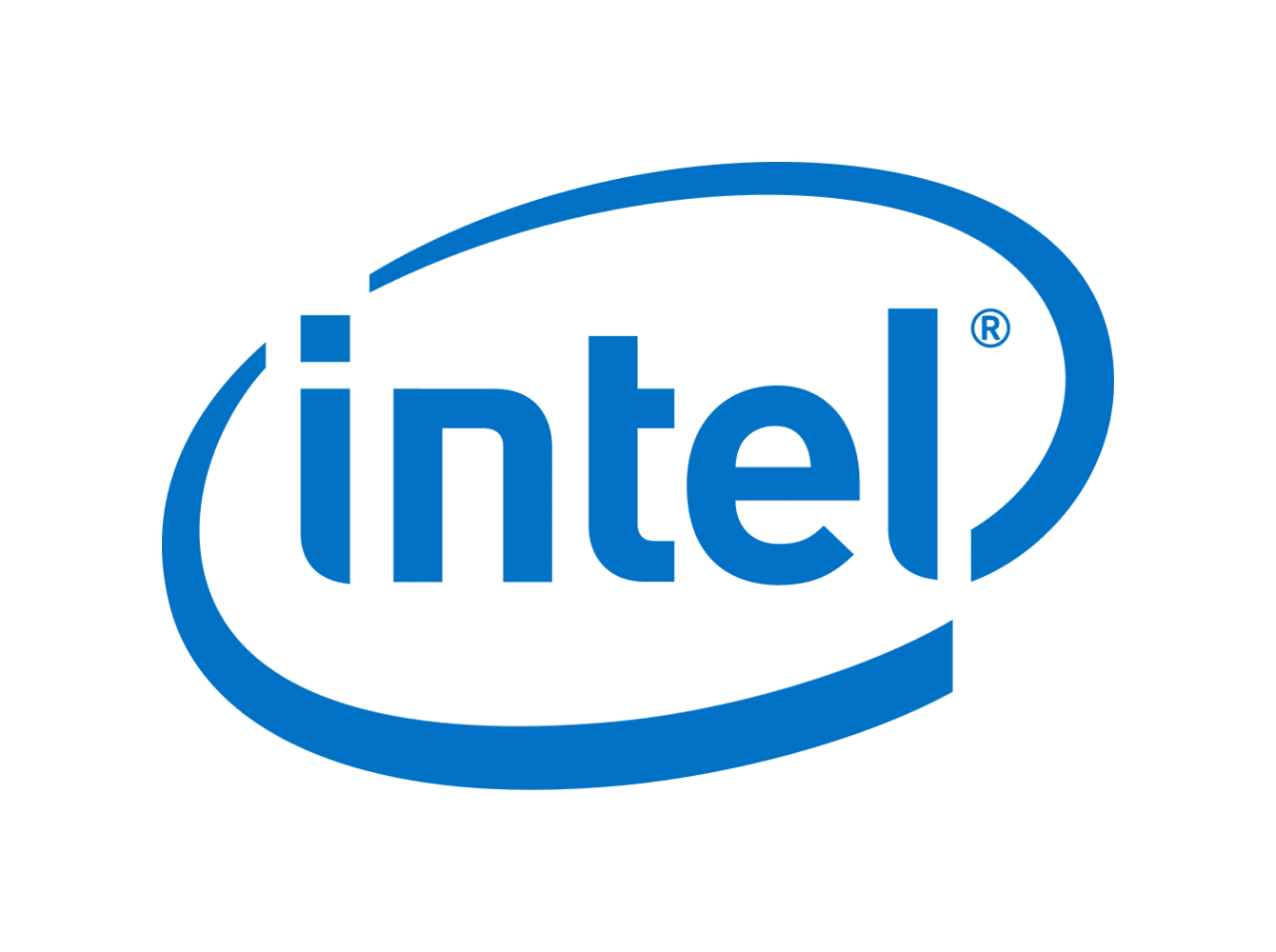I have a 14900kf that is having some issues being stable while under large multithreaded workloads. For example, running r23 or compiling c++ code with all the threads used, it’ll crash every time within 6 minutes or so. If I use maybe 80% of the cores, it’s completely stable.
I’ve tried different ram, different PSU, underclocking, with and without XMP and doesn’t seem to matter.
Any ideas what else I can try?
What brand of motherboard do you have?
You need to figure out whether this is a memory or CPU issue. For starters make sure your windows is completely updated. I have a 14900kf too and I had instability on older windows versions that weren’t fully updated.
Fully test your memory, memtest86 over night, tm5 w/ anta-extreme config, let run several hours, xmp disabled of course. Make sure your memory sticks are in a2/b2 slots of motherboard, not a1/b2. Make sure your bios is updated and chip set, Intel me, Intel me firmware and Intel serial io drivers are installed.
I’d suggest reseating your CPU and memory as well. Also make sure all of your PSU cables are gully inserted into the PSU (if modular) and the motherboard. If you’re using a pcie GPU, reseat that as well. Test again.
After ~12 hours of stress testing, a bios reflash, and OS reinstall, it’s working great now. I don’t know exactly what the problem was, but I can now recreate it if I raise the Turbo Power Limit. Even numbers as low as 270watts (with good temperatures) will cause it to crash exactly like i described in my original post.
Glad to hear you made some progress! Weird that reaching a certain power limit causes the system to crash though… Makes me wonder if your PSU is faulty if your temps are good. Honestly, it may also be worth checking the pins on your motherboard. Ensure none of the pins are bent.
Is it overheating?
What cooling solution are you using, and what temperatures are you reaching?
Ek nucleus 360. Temps are fine.when underclocked, I had it down to 60c under load and it still crashes.
Try to add a bit of voltage to the undervolt
Probably not enough vcore, even with undervolt cinebench at 60c is really too good to be true for those i9 at stock clocks.
Sounds like an interesting one, now that you have updated the bios and things have improved until you up the power limit, it could even be the mobo’s VRMs. My first 9th gen mobo ran fine with the i3-9100 I used in it, upgraded to a 9600k and it used to BSOD when pushing the CPU to 100% for more than a few minutes, couldn’t even load all the way into windows when the 9900kf came along lol. Turns out the board was advertised as compatible but reading around I found out the VRM phases were insufficient to supply stable power to the higher load CPUs.
Other people have said they are having no problem pulling 400 watts from the mobo I have. It’s still possible that my mobo is the issue. I ran hardware info to record a couple times and didn’t see any voltage drops before the crash. Should I expect to?
I also had the problem with a 14900k, ordered another 14900kf. No problems with this cpu. It seems there are more doa cpus out there with 14gen.
If you lowered the voltage, it’s likely unstable and increasing the voltage will resolve this.
Ok, I would run a memory test first to see if it’s the memory. Then run a CPU test to see if it’s the CPU. Then adjust the voltage. What CPU voltage are you running currently? Bios update?
After ~12 hours of stress testing, a bios reflash, and OS reinstall, it’s working great now. I don’t know exactly what the problem was, but I can now recreate it if I raise the Turbo Power Limit. Even numbers as low as 270watts (with good temperatures) will cause it to crash exactly like i described in my original post.
Return cpu.
Have you ran a stress test like occt?
What speed ram and mb are you running ?
Send it in for warranty reimbursement
You shouldn’t be crashing at stock settings, throttling maybe but not crashing. I assume you have done cmos clear? And is this a fresh windows 11 install? Have you tried in safe mode by chance? Updated to the latest motherboard bios?
Is the CPU within its return period? Might be worth it just to be 100% sure. If not and you need to go through an RMA with Intel. Try running the Intel CPU Diagnostic Tool. https://www.intel.com/content/www/us/en/download/15951/intel-processor-diagnostic-tool.html even if it passes it doesn’t 100% mean it’s your CPU. And Intel will request you run it prior to RMA (at least in my experience) only takes a few minutes so might as well give it a go.
After ~12 hours of stress testing, a bios reflash, and OS reinstall, it’s working great now. I don’t know exactly what the problem was, but I can now recreate it if I raise the Turbo Power Limit. Even numbers as low as 270watts (with good temperatures) will cause it to crash exactly like i described in my original post.

